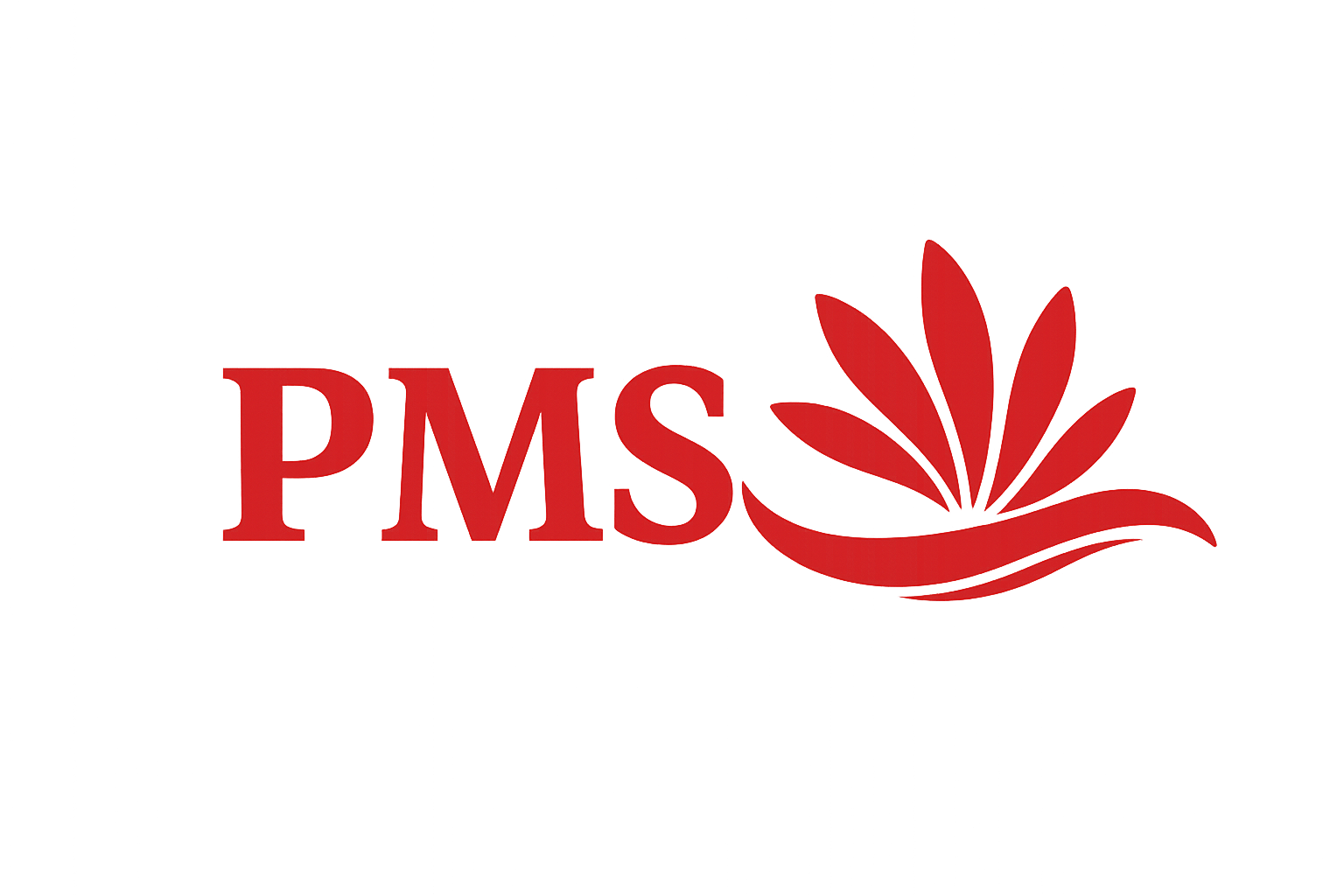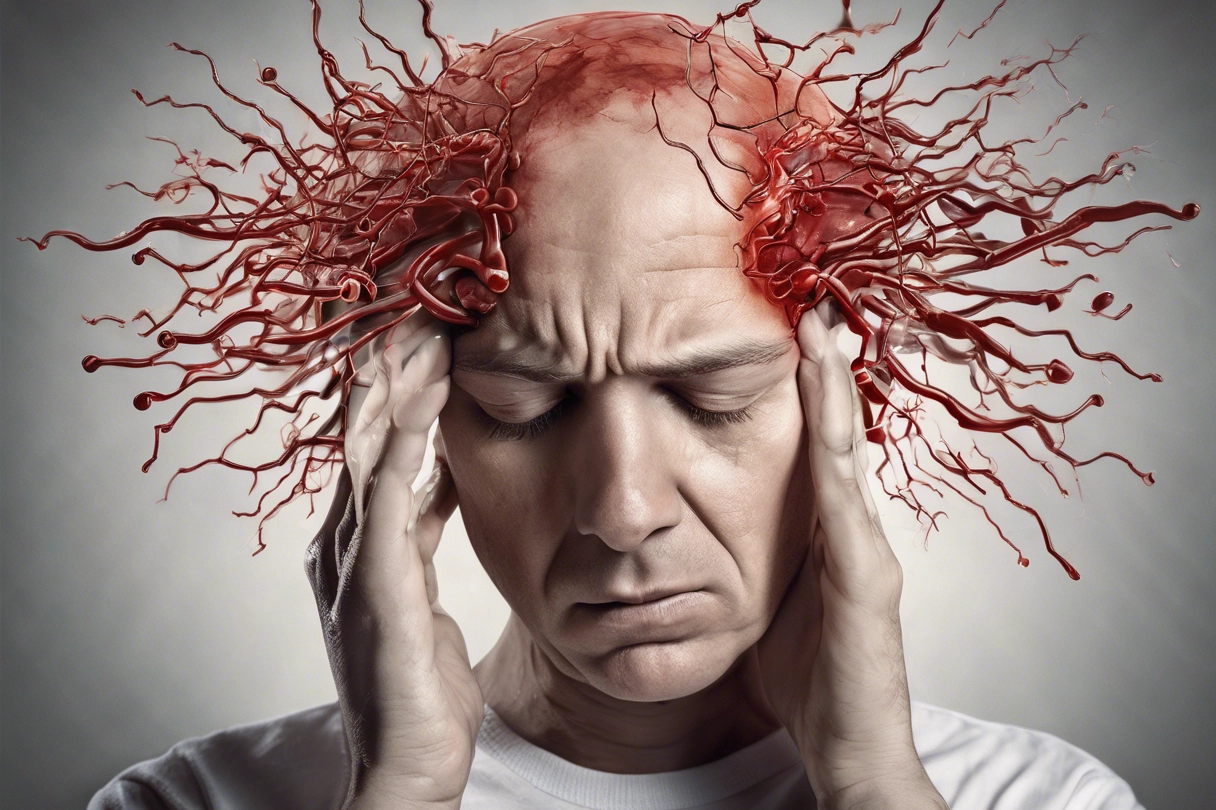Have you ever experienced a pounding headache and wondered if it could be linked to your cholesterol levels? While high cholesterol is primarily associated with heart health, it may also play an indirect role in triggering headaches. Understanding these connections helps you manage symptoms effectively and take charge of your overall well-being. Let’s explore how does high cholesterol cause headaches and its potential connection to those recurring headaches.
Understanding High Cholesterol and Its Effects
Cholesterol is essential for several bodily functions, including hormone production and cell repair. However, an imbalance in cholesterol levels—particularly elevated “bad” cholesterol—can damage your health. To address these risks, understanding cholesterol’s impact is crucial.
What Is High Cholesterol?
Cholesterol comes in two main forms: low-density lipoprotein (LDL) and high-density lipoprotein (HDL). LDL, often referred to as “bad” cholesterol, contributes to plaque buildup in your blood vessels, leading to narrowing and restricted blood flow. On the other hand, HDL or “good” cholesterol helps remove excess cholesterol from your bloodstream. Striking a balance between the two is critical for maintaining vascular health.
Want to know more about managing heart health and related conditions? Check out the Heart & Blood Pressure category on PharmaMedsStore for solutions tailored to your needs.
Health Risks Associated With High Cholesterol
High cholesterol often works silently, causing damage over time. It’s a major contributor to conditions like high blood pressure, heart attacks, and strokes. By narrowing arteries (a condition called atherosclerosis), high cholesterol forces your heart to work harder to pump blood. This strain can result in various complications, including headaches linked to vascular stress.
The Connection Between Cholesterol and Headaches
So, how does high cholesterol tie into headaches? It doesn’t directly cause them but sets the stage for conditions that could. Restricted blood flow and increased vascular tension may exacerbate headache susceptibility. Some studies even suggest a link between elevated cholesterol levels and migraines, particularly in older adults who experience migraines with aura.
How High Cholesterol Might Indirectly Cause Headaches
The relationship between high cholesterol and headaches is indirect but significant. Below, we break down the processes that explain this connection.
Cholesterol and Restricted Blood Flow
Imagine your arteries as highways for blood. When LDL cholesterol builds up, it narrows the road, restricting the smooth flow of traffic—blood, in this case. Reduced blood flow to the brain might trigger dizziness or throbbing headaches, especially in those already prone to migraines.
High Blood Pressure as a Mediator
High cholesterol is a known contributor to hypertension (high blood pressure), which, in turn, is a common cause of headaches. When blood pressure rises, it places extra strain on the blood vessels in your skull. As a result, this increased pressure often leads to localized pain or discomfort.
Inflammation and Headache Triggers
Infection caused by high cholesterol worsens vascular stress, another headache trigger. Inflammation can heighten your body’s sensitivity, increasing the likelihood of frequent and severe headaches. You’re not imagining that extra tension; your body is reacting to stress below the surface.
Signs Your Headaches Could Be Related to High Cholesterol
Headaches come with many triggers, so how can you tell if cholesterol is playing a role? Watch for these patterns and symptoms.
Persistent Throbbing Pain
Do you experience headaches that feel more like a throbbing or pounding sensation? Cholesterol-related vascular tension might be at play. If these headaches also come with symptoms like dizziness or chest discomfort, consult a healthcare provider for deeper insights.
Headaches Triggered by Physical Activity
Exercise headaches—those triggered after a jog, workout, or even lifting heavy objects—could indicate a vascular issue tied to high cholesterol. While physical activity is beneficial, restricted blood flow might amplify pain during exertion.
Coexisting Conditions to Watch For
If you’re managing high blood pressure, obesity, or another cardiovascular condition, your headaches might stem from compounded vascular stress. Tracking all your symptoms is key to thorough diagnosis and effective management.
Managing Headache Risks Associated With High Cholesterol
Reducing headache risks tied to cholesterol starts with lifestyle adjustments. Here are actionable steps to prioritize your well-being.
Improve Your Diet
Adopt a diet that supports healthy cholesterol levels. Focus on fiber-rich foods like whole grains, nuts, and leafy greens while avoiding saturated fats. A heart-healthy meal plan not only benefits your arteries but may reduce headache frequency.
Need help selecting the right options? Browse through the available items for more ideas on managing cholesterol through your diet.
Adopt Regular Exercise
Physical activity improves blood flow, strengthens your vascular system, and helps control weight—key factors to maintaining balanced cholesterol levels. Simple exercises like walking, swimming, or cycling work wonders.
Stay On Top of Stress Management
Chronic stress not only elevates blood pressure but also contributes to headache triggers. Incorporating stress-relieving practices like yoga, meditation, or even deep breathing exercises can help in reducing headache risks.
Regular Health Screenings
Staying informed is your first defense against health complications. Routine health check-ups help you track your cholesterol and blood pressure levels, allowing you to take corrective steps before problems worsen.
Conclusion
High cholesterol isn’t something to ignore—it does more than affect your heart. From restricted blood flow to inflammation, its ripple effects might include headaches too. Identifying these connections and addressing their root causes is key to living headache-free. You hold the power to manage risks with a balanced diet, regular exercise, stress management, and commitment to health screenings. Don’t wait for symptoms to escalate—start taking charge of your well-being today.


Recent Comments